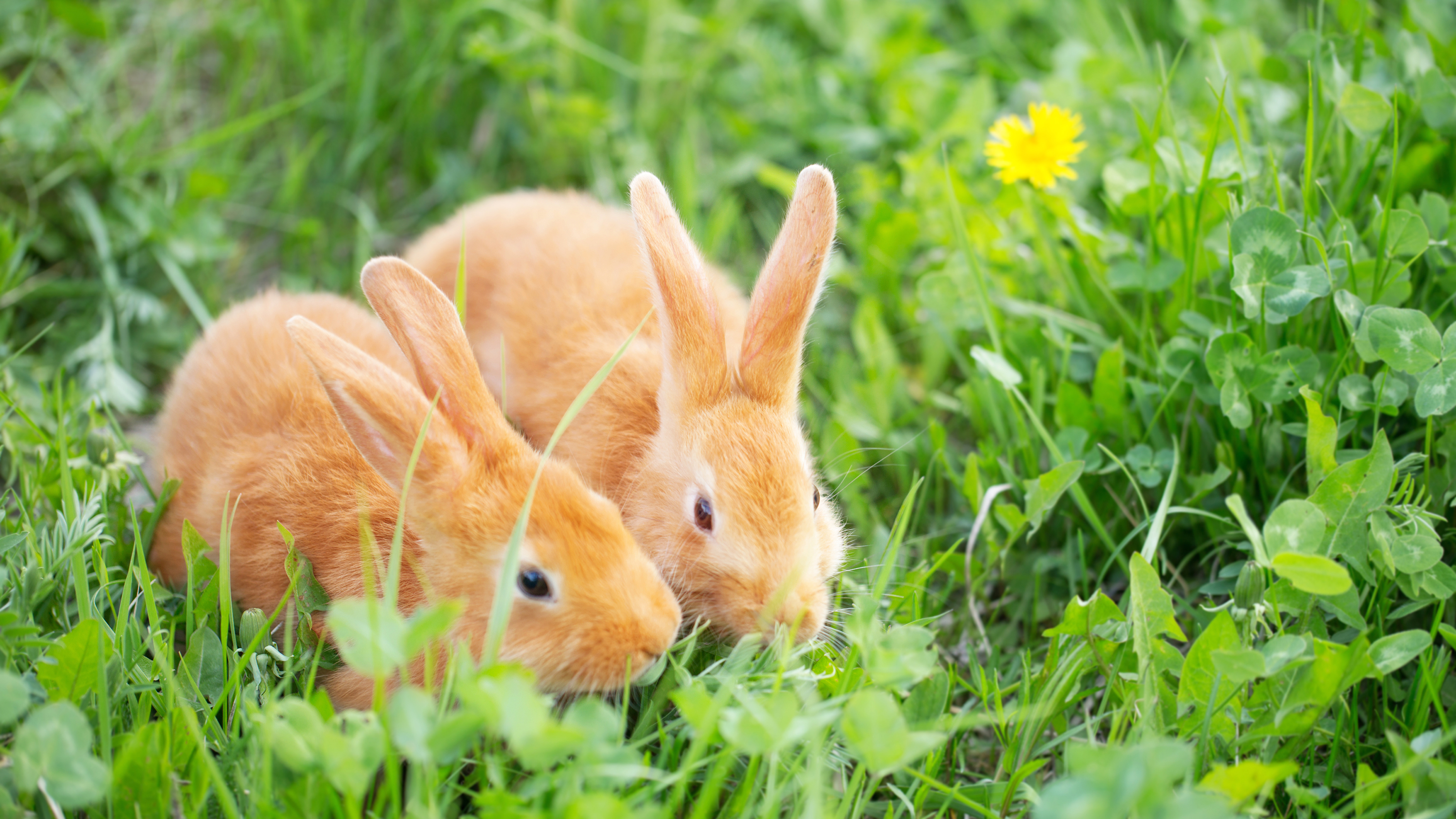
Rabbit Arthritis
Stiff and sore? Your rabbit might have arthritis…
More about rabbit arthritis
Healthy cartilage acts to smooth movement, and without it joints become stiff and inflamed. It is roughening and loss of the cartilage within a joint which leads to arthritis. Daily wear and tear leads to loss of cartilage, which is why arthritis is so common. Most rabbits, if not all, will develop some amount of arthritis throughout their life.
Rabbits are more likely to develop severe arthritis if:
- They are overweight
- They have suffered injury to a joint
- They are genetic predisposed to joint problems
Often the first indication your rabbit is suffering from arthritis is that they seem to be slowing down. In rabbits, this is often seen as sleeping or resting more. Don’t think of this as just a ‘normal’ old age change – just like us, arthritis affects movement because it is painful.
It is important to see your local Companion Care vet if you suspect your rabbit has arthritis.
Specific signs include:
- Stiffness when moving, especially after lying down
- Getting dirty or scruffy, especially around the back end
- Getting wet underneath, as the cannot get into the normal position to urinate
- Reduced appetite
- Difficulty or reluctance in jumping up/down
- Difficulty getting into and out of the litter tray
- Sleeping and resting more
- A change in behaviour, especially grumpiness or uncharacteristic aggression towards people and/or other animals
Lots of different treatments are used for osteoarthritis in rabbits. This is because each case is different, and because using multiple treatments together often has a better outcome than using a single treatment alone. Many of these involve changes you can make at home, with support from your Companion Care team.
Weight Control
All rabbits with arthritis benefit from being a healthy weight. Companion Care clinics will be able to support you with dieting your rabbit, with weigh-ins and advice on food and exercise appropriate for your rabbit.
Exercise
While it can be difficult to exercise your rabbit, encouraging low-impact movement by engaging with them can be helpful.
Help at Home
There are lots of simple changes you can make at home to help your arthritic rabbit:
- Ensure warm, comfy sleeping areas are easily accessible
- Make sure floors and ramps aren't slippery
- Keep your rabbit warm. This is especially important if your rabbit lives outside. You could consider bringing them in overnight, especially during winter
- Use open topped, low-edged litter trays if your rabbit is house trained, and put them where they are easily accessible
- Increase ease of access to raised areas and hutches by using ramps
- Brush your rabbit every day, especially around their back end, to keep them clean. This will reduce the risk of flystrike, which can be deadly
